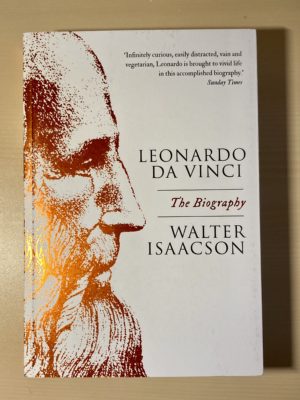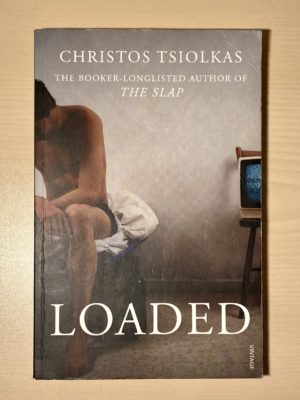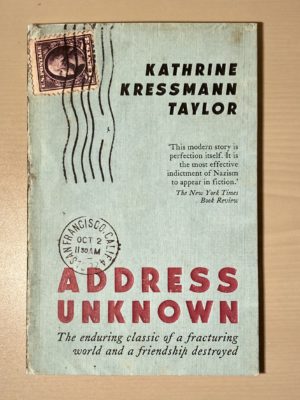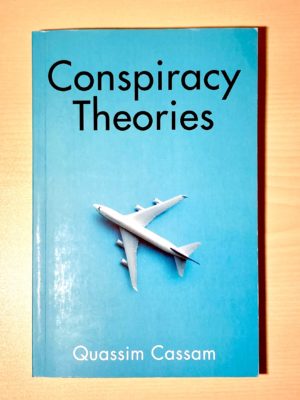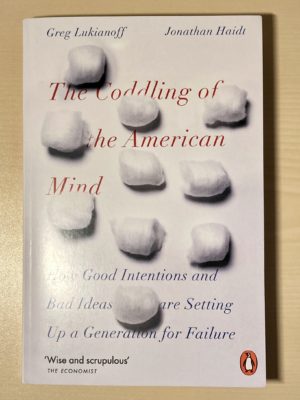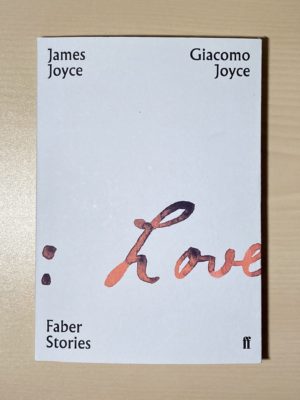What I’ve been reading this month
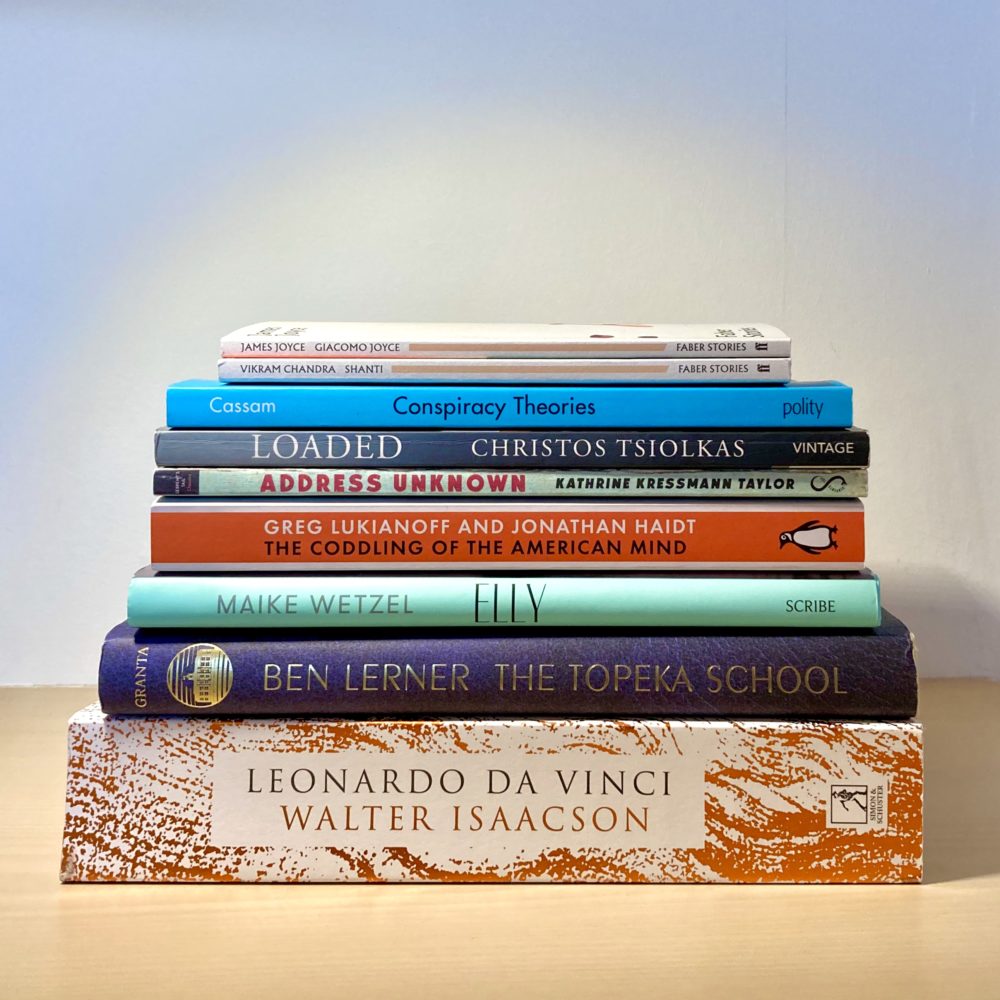
I have nine books to mention for August… and none of them from libraries, which does nothing for my eco credentials!
Leonardo da Vinci by Walter Isaacson
There are lots of biographies of Leonardo da Vinci; this one, Walter Isaacson’s 2017 book based primarily around Leonardo’s notebooks, is the only one I’ve read.
It was fantastic. Isaacson brought Leonardo to life as a complete, fascinating person. I had little idea how many different disciplines Leonardo held an interest in—I had no real idea of his contributions to the study of anatomy, maths, or engineering. I knew nothing of his personal life. I had no idea that he was so reluctant to finish any project he was given. And yet, by the end of Isaacson’s book, I felt like I knew Leonardo.
There were so many bits of this book which will stick in mind for a long time (including the tongue of the woodpecker!) but I was perhaps most amazed by the description of Leonardo’s work on the mechanism of closure of the aortic valve. Leonardo has this figured out in 1510, but it wasn’t until 1960—the same decade as the first heart transplants—that cardiology rejected the traditional understanding that Leonardo had disproved 450 years earlier.
I also enjoyed Isaacson’s occasional commentary on the complexity of writing a biography, and appreciated his clarity on occasions where his own views of circumstances were different to those of other notable biographers of Leonardo.
This was an absorbing and clear biography of a fascinating man.
The Topeka School by Ben Lerner
This was Ben Lerner’s 2019 part-autobiographical novel, which was a Christmas present from my parents.
The book, set in the 1990s, was narrated by Adam, a Kansas high school student participating in a national debating competition, and his parents Jane and Jonathan, both psychologists. The narrative was non-linear and also featured short sections outside the main narrated chapters: these featured Darren, a patient of Jonathan and an acquaintance of Adam.
At heart, this was a bildungsroman. It explored modern masculinity in interesting ways, reflecting particularly on modern expectations about physical and linguistic strength in ways that gave me new insight into the well-worn debates about the relative value of muscular versus intellectual prowess.
The writing was dazzling and poetic, and reminded me of Ali Smith’s approach. This felt like a book which would be even more powerful on a second reading.
Loaded by Christos Tsiolkas
This was Tsiolkas’s 1995 novel focusing on twenty-four hours in the life of Ari, a 19-year-old Greek-Australian lad living in Melbourne. This was essentially nothing but teenage nihilism for 152 pages, one big drug-induced sex-filled meditation on the terrible life of adolescents in the modern(ish) world. Despite that, it somehow felt powerful and relevant, which I think was down to the quality of the writing and perhaps the currency of reflections on cultural identity.
Ari’s life couldn’t be further from my own, but the grittiness of the drug-taking and explicit sexual encounters felt true to life and relevant to the characterisation (and occasionally stomach-churning) rather than being gratuitous.
This isn’t really something that I’d usually pick up, but I appreciated it nonetheless.
Address Unknown by Kathrine Kressmann Taylor
This was Kathrine Kressman Taylor’s famous 1938 anti-Nazi epistolary novella, which deals with the relationship between two art dealers, Max Eisenstein and Martin Schulse. Both had moved from Germany to America, and Schulse decides to return in the early 1930s. The story had a great impact at the time of its publication, but perhaps has even greater weight when read today, knowing the events that were to occur in the coming years.
It was very short (19 letters over 66 well spaced pages in my edition) and the plot was rather simple, but it still landed powerful emotional blows and wasn’t an easy read. There was so much horror packed into so little space. A real reminder of the brutal banality of evil.
This was one of those books that I won’t forget in a hurry.
Elly by Maike Wetzel
This was Maike Wetzel’s 2018 novella about a missing child, first translated from German into English by Lyn Marven in 2020.
The plot was straightforward yet intriguing: a young girl had gone missing at the age of eleven. At the age of fifteen, she was found and returned home: but how could anybody be sure that the returnee was the same girl who went missing in the first place? (I mean, sure, a DNA test could resolve matters, but how could anyone bring themselves to require a test to identify a child they had raised for eleven years?)
Really, though, this novella was an extended reflection on how we all change as individuals over time, and how none of us are really the same people as others imagine us to be. The novella was structured in very short chapters (often only a couple of pages) with the narrator switching between all of the principal characters. The narrator was not explicitly stated, which—at least for me—led to some gripping moments of re-evaluation as I realised half way through chapters that I had been misattributing them. The chapters were also non-linear, which is clearly a requirement of the plot, but also helped to emphasise the change in characters over time.
I found this gripping and thought-provoking.
Conspiracy Theories by Quassim Cassam
This was Quassim Cassam’s philosophical analysis of conspiracy theories, first published in 2019. At only 125-pages, it was a relatively brief and light read. Overall, I found it a little unsatisfying: the length dictated that the book could not explore some of its concepts in detail, and I was a little disappointed at some of the obvious omissions.
For example, one section of the book discussed why people believe in conspiracy theories. From a philosophical perspective, the interesting question here is really about the nature of belief, particularly as Cassam asserted that people often claim to simultaneously believe mutually exclusive conspiracy theories (e.g. believe both that Diana was murdered, and that she faked her own death and is still alive). I can see why Cassam didn’t start exploring the philosophy of belief in such a short book, but at the same time, the omission left me wanting.
All of that said, the central message that we need to consider conspiracy theories more in terms of politics and less in terms of intellect was thought-provoking and, I think, pretty well argued.
The Coddling of the American Mind by Jonathan Haidt and Greg Lukianoff
This was Lukianoff and Haidt’s 2019 bestselling polemic about psychological safety in American society. I picked this up because it was recommended by my friend Lea, and though I wouldn’t highly rate the book, it was a good recommendation nonetheless. It was one of those books that caused me to think and reflect quite a lot about why I wouldn’t particularly rate the book or its ideas, and in that sense, it was quite a good read.
The authors asserted that there are three “great untruths” increasingly accepted as facts in various facets of US society, and that these “great untruths” counter the basic principles of cognitive behavioural therapy. The “untruths” were that negative experiences are always harmful; that life is a dichotomous battle between good and evil people; and that one should always trust one’s feelings over one’s rationalised thoughts. The authors suggest that a range of negative impacts flow from these “untruths”, from political polarisation to disinvitation of speakers at university events to over-protection of children to the extent that it harms their development.
However, the evidence for the acceptance of the “great untruths” in society is weak and often predicated on extreme examples, and the sequelae they suggest flow from the “great untruths” are much more complex and multifactorial than they acknowledge. Some sections seemed completely disparate from the main thread of the argument about the “great untruths”—over-precautionary parenting did not neatly reflect any of the “untruths”.
There was good stuff: I particularly valued the authors’ insights into the importance of kindness and polite disagreement, as well as their suggestions on how to better foster this sort of discussion in society. I thought the discussion of filter bubbles and their contribution to psychological distress was timely and well-argued.
But all things considered, I thought this book wasn’t terribly cohesive, and it seemed to lack robust critical thought about many of the issues it discussed.
Shanti by Vikram Chandra
This short story was first published in Love and Longing in Bombay in 1997. I read the standalone Faber Stories edition published in 2019 as part of reading the whole Faber Stories series.
This was a story of two people experiencing profound loss: Shiv, grieving his identical twin brother, and Shanti, whose fighter pilot husband was missing. Through a series of stories within stories, the two grew closer.
This short story was just not for me. I found it frustrating and predictable all at once, and while others have praised the language, it just did nothing for me. This will always be the nature of reading a series like Faber Stories: no-one will enjoy everything in the series. Obviously, others have really loved this, so don’t let the fact that I was unmoved put you off reading it.
Giacomo Joyce by James Joyce
I know this is a bit of confession, but I haven’t read any James Joyce. This set of 1914 scribbles which contained some insight into the creation of his later masterpieces was therefore of no interest to me.
Joyce’s biographer called this a work of “small, fragile, enduring perfection” so it’s no doubt great if it’s your sort of thing. As someone coming to Joyce for the first time, it felt like a fragmented, disconnected mess which had some nice lines but felt at times uninterpretable.
Not a book for me, sadly.
This post was filed under: What I've Been Reading, Ben Lerner, Christos Tsiolkas, Greg Lukianoff, James Joyce, Jonathan Haidt, Katherine Kressman Taylor, Leonardo da Vinci, Maike Wetzel, Quassim Cassam, Vikram Chandra, Walter Isaacson.
